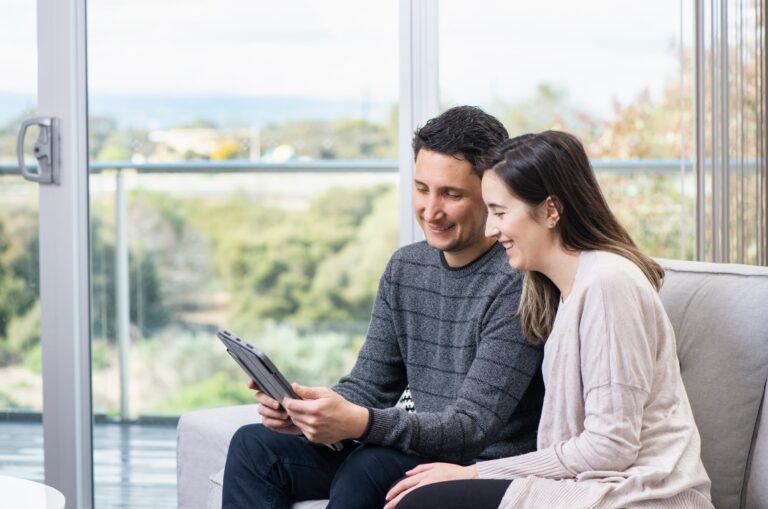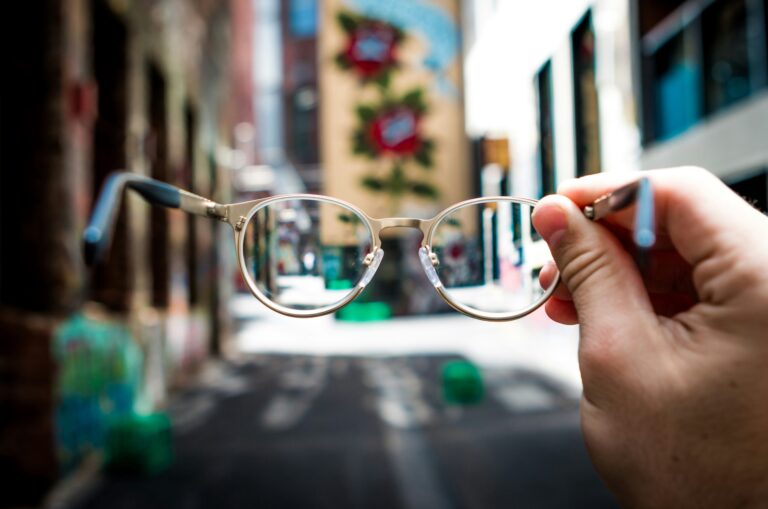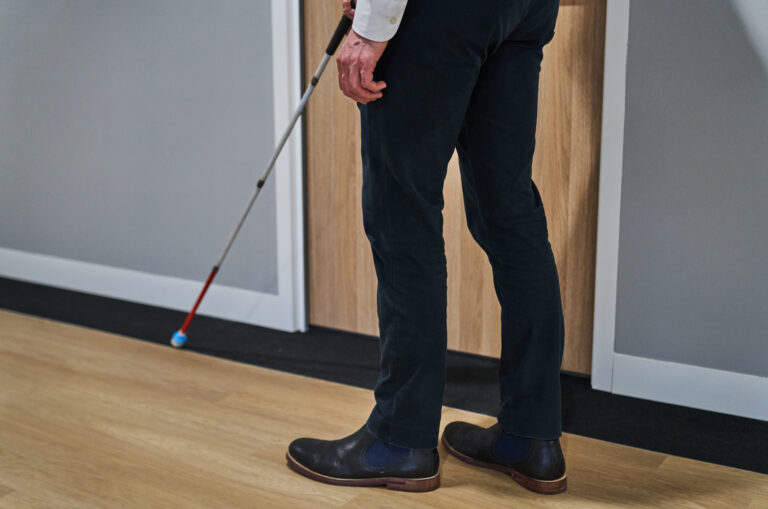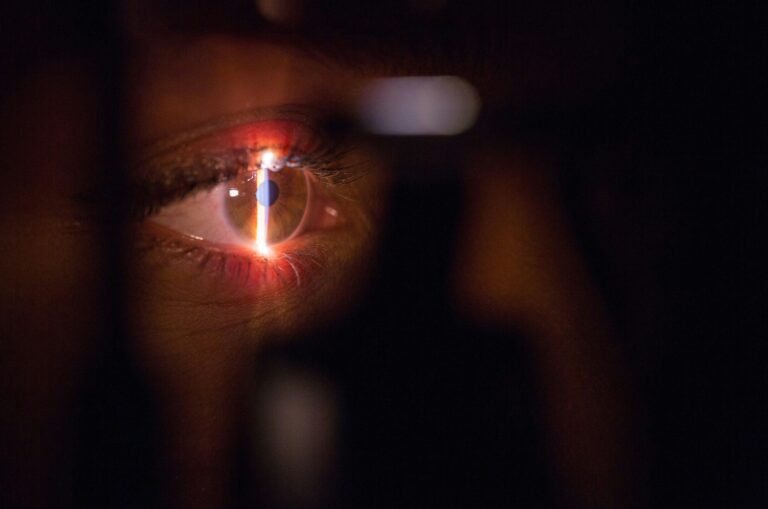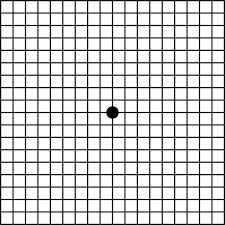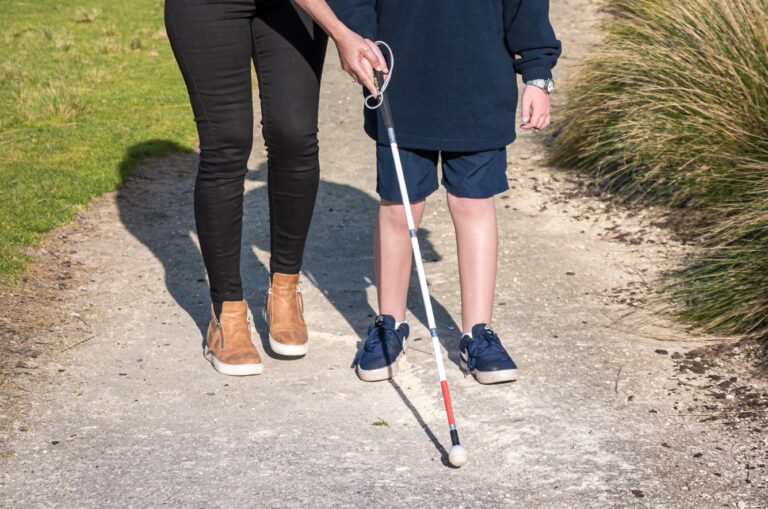Looking to the future
“He that is strucken blind cannot forget, the precious treasure of his eyesight lost.” – William Shakespeare
If we ask people which sense they fear losing most, overwhelmingly the leading response is eyesight. In fact, a researcher in the US who confirmed this, also added that “having good vision is key to one’s overall sense of wellbeing.” As a result, looking after your eyes is just as important as looking after the rest of your body, especially as we age – but what does that involve?
For the most part if you are less than 60 years of age it is recommended to have your eyes examined comprehensively at least every two years and annually if you are older. Your eye care practitioner may advise you to have more frequent eye examinations if you are at higher risk of eye disease such as having a systemic illness like diabetes or a family history of eye disease.
Regardless, if you are noticing a change in your vision, you should have it investigated promptly.
Examinations & prevention
Importantly however, eye diseases such as glaucoma and macular degeneration can develop with minimal or no symptoms so that by the time we do notice a problem the condition may be advanced, with irreversible damage. The sooner a problem is identified, the better the prognosis.
As well as eye disease, careful eye examinations can also sometimes uncover an undiagnosed systemic illness which would otherwise go untreated and cause significant damage to your body. In addition, many chronic illnesses such as diabetes or high blood pressure can have a significant impact on the health of the eye, especially if they are poorly controlled. This is another reason why it’s important to follow your doctor’s advice and manage those conditions optimally.
Ultimately, as with most health-related conditions, when it comes to the eyes, “prevention is better than a cure.”
You might also like
Ready to continue?
Seems like you have filled this form earlier. Let’s pick up where you left off.



